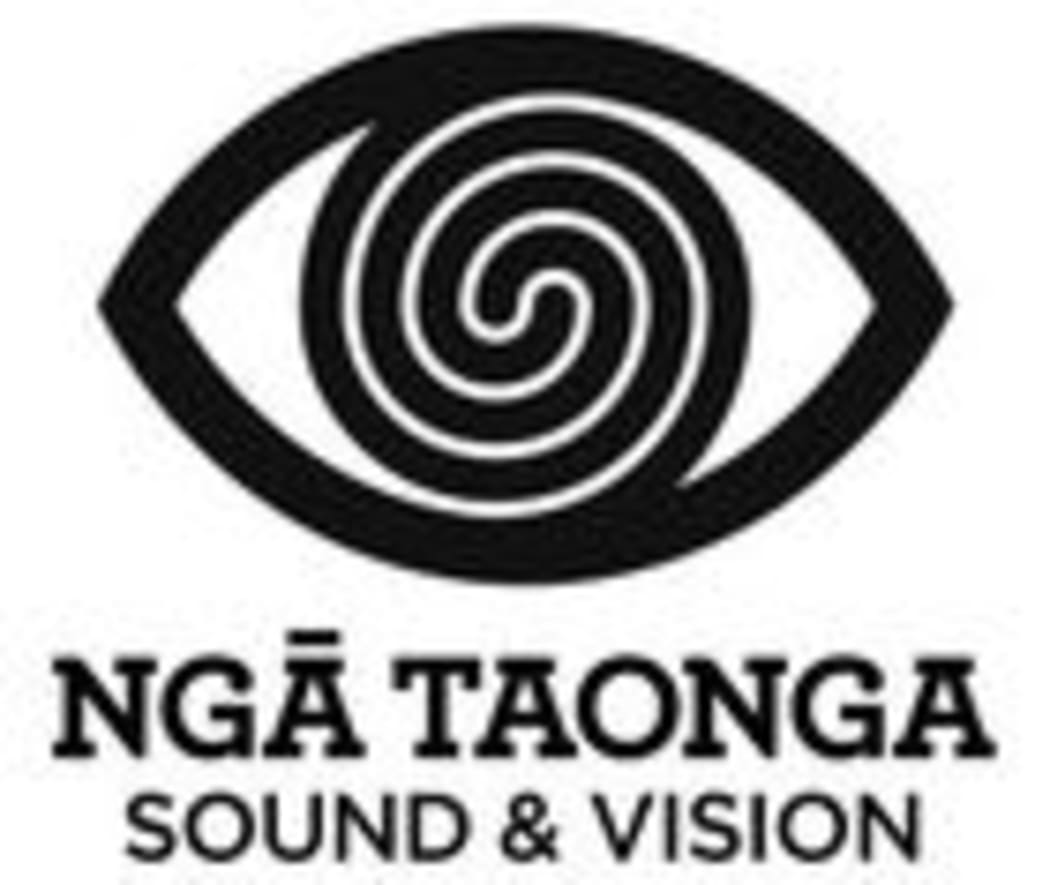Words by Ali Ikram; audio by Noelle McCarthy and John Daniell.
New Zealand is one of the great immigrant nations. In the third episode of Slice of Heaven, Noelle McCarthy discovers that doesn’t mean we all agree on how to do it well. And Ali Ikram – a Cantabrian child of immigrants – delivers a written warning against parts of the debate.
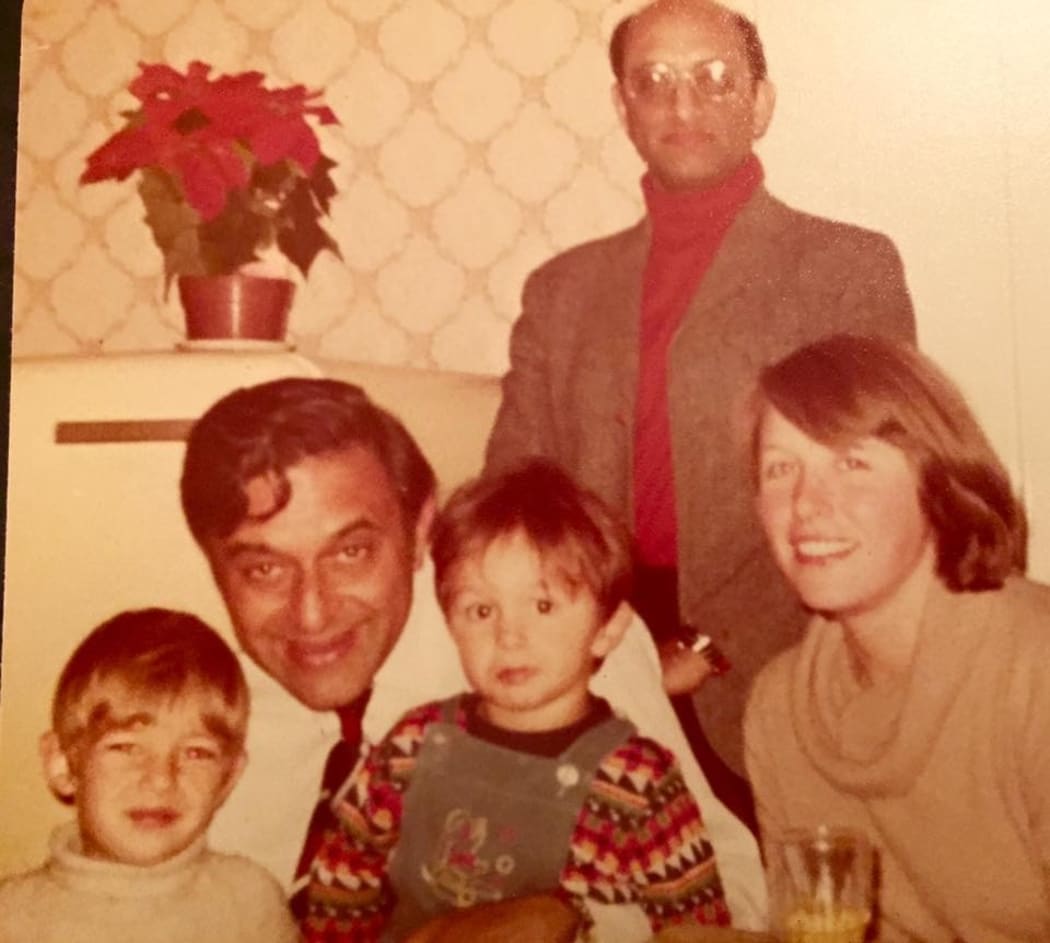
The Ikram family: brother Omar, father Hamid Ikram ONZM, uncle Khalid Ikram, mother Rosemary Ikram and Ali Ikram, centre. Photo: Ali Ikram
When you are from a migrant family it is often hard to reconcile the warm welcome one receives in person from the community as a whole and the way immigrants are spoken about - at times - in politics.
The tactic is nothing new – in fact it is as old as democracy itself. Xenophobia was being employed when my mother and father arrived from England in 1973. The oil crisis had created uncertainty and Pacific communities who New Zealand had encouraged to settle here to work in manufacturing were targeted by the authorities. Some were asked to produce proof of residency in random street checks.
My father was a cardiologist in Christchurch and in the middle of this climate, one of his colleagues – a Pākehā Englishman – rang the police, informing them that he (the colleague) was also an immigrant and asked whether he too should carry his passport at all times to prove his right of abode. He was informed that this wouldn’t be necessary.
What is positioned as a ‘debate’ or ‘discussion’ about immigration is often little more than a political set piece and is usually sidetracked by accusations that individuals who are pro-migration are excessively liberal and racism motivates those who are not. The underlying truth of the matter is that New Zealand has always allowed varying levels of new arrivals to satisfy its own ends, complementing the skills and capacities of the existing population. This is underlined by the fact that today a quarter of all New Zealanders were born overseas with migrants making a vital contribution to the workforces of essential services and key industries. Often this background is overlooked and we are depicted as a charitable country admitting immigrants in pursuit of ‘a better life’ without acknowledging the benefits they bring with them.
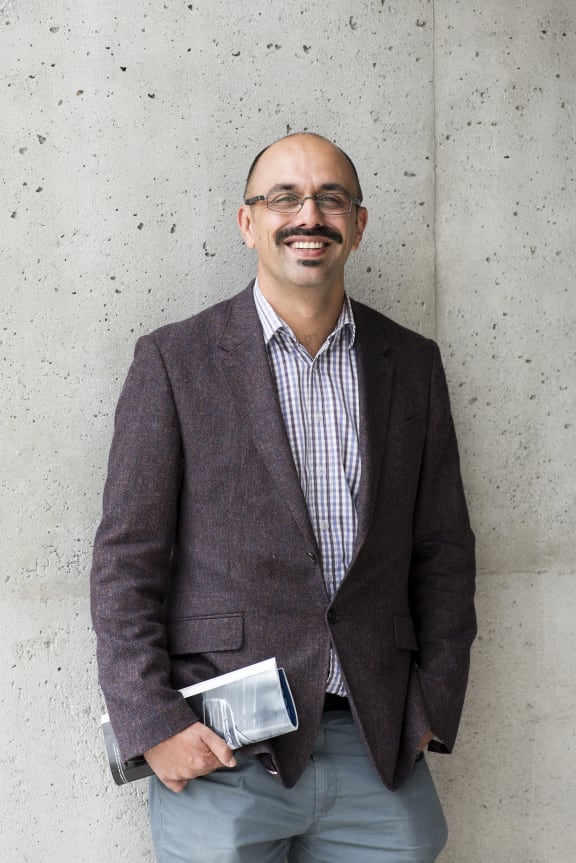
Journalist Ali Ikram. Photo: Rebekah Robinson / Bauer Media.
However, it is possible to recognize the legitimate concerns people have about the promises of what a New Zealand lifestyle should represent, while also understanding that these concerns are being manipulated to achieve a political outcome.
Much of the current concern emanates from the disparity between what we earn and the cost of something that has previously been considered a hard working Kiwi’s birthright – a place to call home. In recent times the state has quietly withdrawn from its promise to a previous generation to adequately house the population. The fact has been apparent to those who have been reliant on these services for a while. Whether this assurance is renewed, tinkered with or allowed to be used as a surrogate argument through which the middle class discuss their own concerns is the central issue of the upcoming election. Migration is part of this equation - but not a key factor.
All nations begin as – and are sustained by - promises.
The Treaty of Waitangi is a covenant between the chiefly authority of rangatira and the Crown, granting rights and status to the signatories. The history of planned European settlement was based on the idea of a “better Britain” where land ownership might be considered the reward for hard work rather than inheritance. The Great Depression saw a series of social contracts forged in this country to ensure greater security, including the promise of a pension received from the age of 65.
Each of these forms a strand of our collective memory.
Discussing the short term trend of net migration (which is reversible by either policy or the economic cycle ) and often in the most unvarnished of terms, appears preferable to renegotiating the promise that defines the politics of this generation.
On current allocations - by 2038 - a quarter of all core Government spending would go towards superannuation with only two workers per pensioner by 2060.
If politics is about reaffirmed promises made to a population, where do we discuss this major assurance given to New Zealanders that threatens to undo us in the future?
The concern expressed about migration – not just in New Zealand, but in other Western democracies – may be seen as a response to a perceived threat, to these cultural assumptions of what citizenship of a nation means legally and materially.
In Britain, that insecurity led to the vote to leave the European Union and in the United States, the election of President Donald Trump. In New Zealand, it has seen a similar rise in nationalist rhetoric during this election year and an increase in the number of incidents reported by minorities to the Human Rights Commission.
However, the New Zealand variant of this trend is unique in that it occurs in a time of relatively high employment, following a sustained period of political stability, in a country that decides its own immigration policy and with very low numbers of illegal entrants and asylum seekers arriving.
Yet in all three cases the issue of immigration has been used as a way of externalizing the problems facing a society, allowing for established political figures, many of whom have enjoyed careers spanning decades, to avoid full accountability for the status quo. Migrants are being blamed for everything from terrorism to joblessness, unaffordable house prices to traffic congestion and, according to one suggestion, our high youth suicide rate.
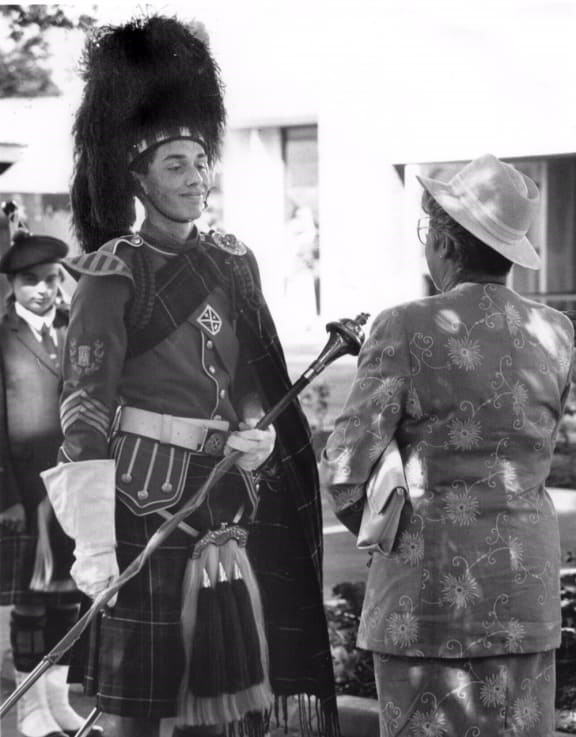
A young Ali Ikram, drum major of the St Andrews College Pipe Band, meeting then Governor-General Dame Cath Tizard. Photo: Ali Ikram
Much of the debate in this country focuses on infrastructure and housing in Auckland. There is no denying that the city has been the preferred destination for many migrants during the recent record inflow. But as the discussion is guided towards new arrivals as the problem, it distracts from a number of other more significant factors hindering Auckland’s development - some of which may serve only to illustrate the limited power of government to effectively plan an economy.
One of these is the lack of sufficient capacity in the construction sector to keep pace with the demand for roading and accommodation. Another is the simple geography of a narrow isthmus that accounts for just over two percent of the country’s land mass, yet is home to a third of New Zealand’s population.
Viewing these issues through the lens of migration allows politicians to not only distance themselves from these bland, more complicated aspects of our current dilemma, but also allows the problems of Auckland to be framed as ‘national issues’ reflecting global trends. Contrast this with the prominence the incomplete Christchurch rebuild is given in the media six years after a series of natural disasters wrecked the South Island’s largest city.
New Zealand needs migration policy to meet the needs of both an Auckland at capacity and a Garden City that still needs thousands of workers.
Anything less is a failure to meaningfully engage with the issues before the country.
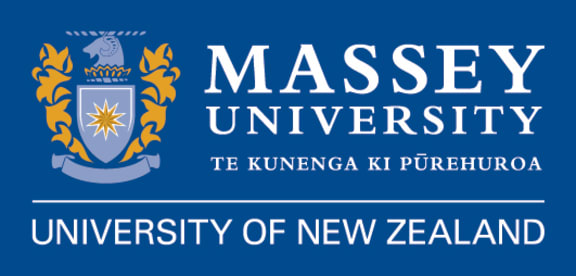
Photo: Massey University
This story was produced for RNZ National by Noelle McCarthy and John Daniell for Bird of Paradise Productions Limited in association with Massey University. The sound engineer was Andre Upston. Thanks to Dave Dobbyn for the title and theme and to all the musicians who generously allowed us to use their music.
The executive producers were Justin Gregory and Tim Watkin. This episode used archival audio from Ngā Taonga Sound and Vision. You can subscribe or listen to every Slice of Heaven podcast on iTunes, Spotify or at radionz.co.nz/series.
